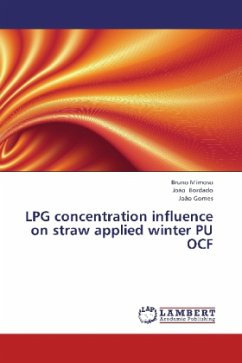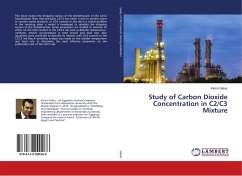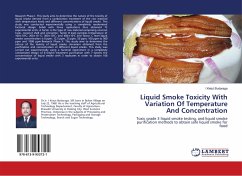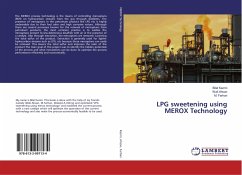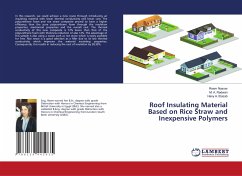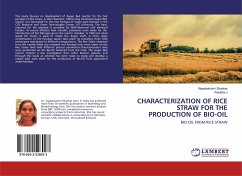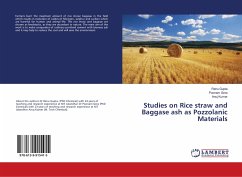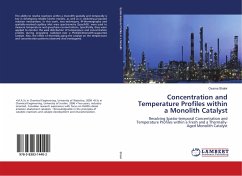The goal of the present book is to determine the influence of the liquefied petroleum gases (LPG), such as propane, n-butane and isobutane, on straw applied winter (B3- highly flammable) one component polyurethane foams. The experiments, were made at +23/+23 ºC (can/spray temperature), +5/5 ºC and -10/-10 ºC, and intended to determinate the foam quality. At each temperature, where made the Quick Tests, in which was sprayed the foam on the paper and mould, check the overall density mould at +23/+23 ºC and output at +5/5 ºC. Further experiments were made to determinate the dimensional stability of the foams, physical tests of compression and adhesion, post-expansion and yield of a can. The results show that, the formulations made present overall excellent properties comparing to the benchmark one. However, can shaking rates at -10/-10 ºC were not as so good as the formulation present in the market.
Bitte wählen Sie Ihr Anliegen aus.
Rechnungen
Retourenschein anfordern
Bestellstatus
Storno

